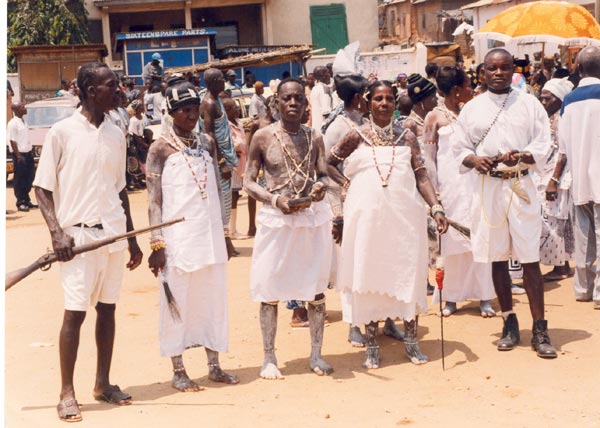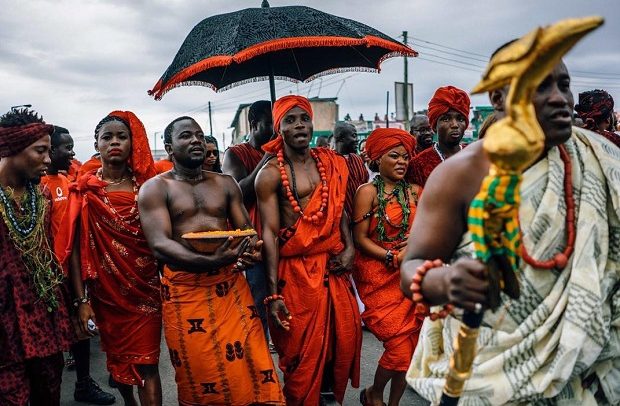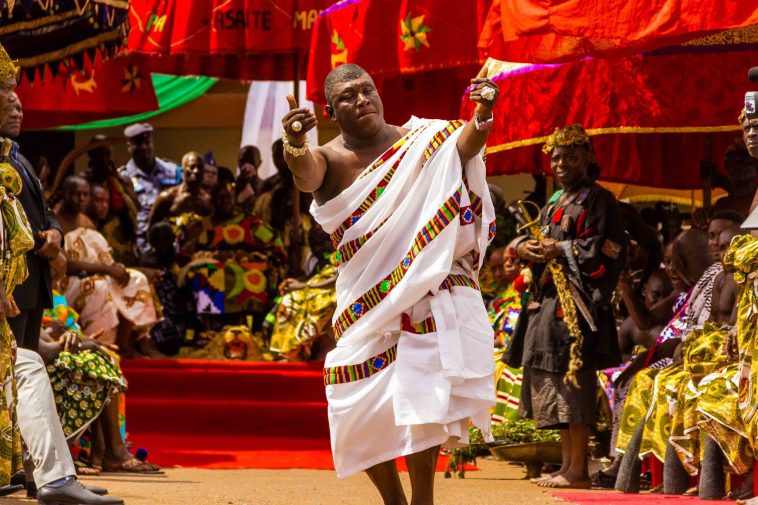Festivals in traditional African communities are filled with lots of funfair. Mostly organized according to traditional calendars, they have over the years served as a means of bonding and reinforcing communal living, fostering kinship relations and camaraderie among friends. Notwithstanding the influence of Westernization penetrating African societies, the practice of festival gathering has remained, drawing locals living within and outside a community to their roots.
One of such festivals which have been sustained as a treasured heritage of the people is the Homowo festival. Celebrated by the Ga people of Accra, Ghana, this festival name – Homowo, which translates to “hoot at hunger” is a recollection of famine which the people of Goa experienced in the past due to drought. Celebrating the return of the rains, accompanied by the bountiful harvest, the people of Goa instituted this festival as a period of reminiscing on this past event and offering thanks to their ancestors for a successful harvest.
The beginning of the festival is preceded by the planting of maize which is to be used for the preparation of a local dish of the Ga people – Kpekple, which is to be eaten and offered to the ancestors, symbolically praying and thanking them for sustenance during the festival.

The festival is a homecoming of Ga people not resident in Ga, a New Year celebration and the celebration fertility.
As a rule, during this celebration, the Ga people apply ochre clay to their doorposts to wade off evil spirits. Also associated with this event, fostering filial feasting, every member of the family dips hand into the same pot of Kpekpei. Ancestral worshipping which sustain relations between the living and the dead is practiced, with Kpekpei sprinkled by Ga priests around homesteads and graves of ancestors.

This is also replicated in different households where ancestors are nourished through these meals at locations where they are likely to find it, predominantly around the doorways.
At the end of this ritual, the festivities accompanying the festival follows with dancing, drumming, chanting, face painting, singing, traditional dancing and hooting which is central to the celebration.
Have you witnessed the Ga festival celebration? Goge Africa would be glad to hear and share your experience.





GIPHY App Key not set. Please check settings
One Comment